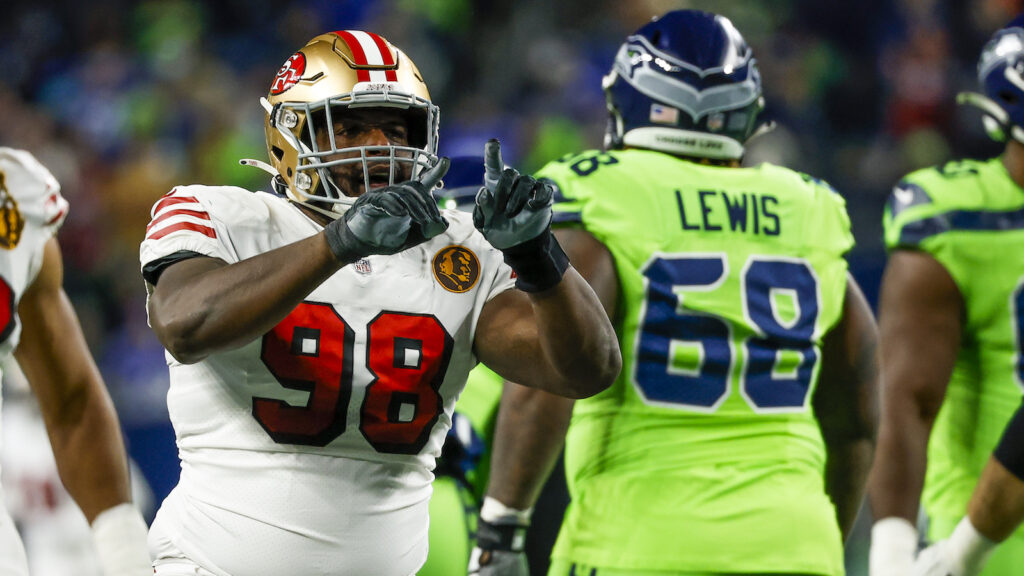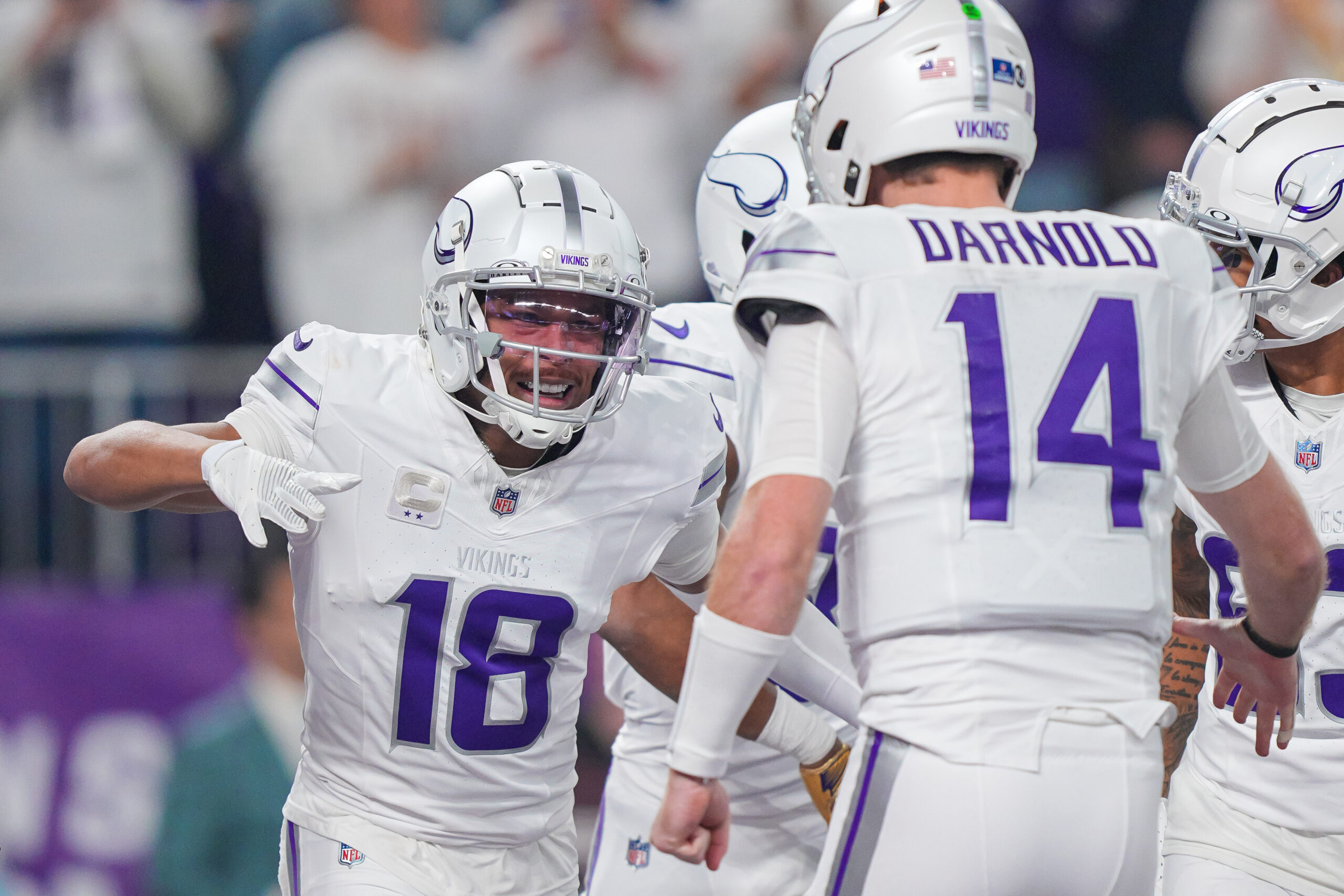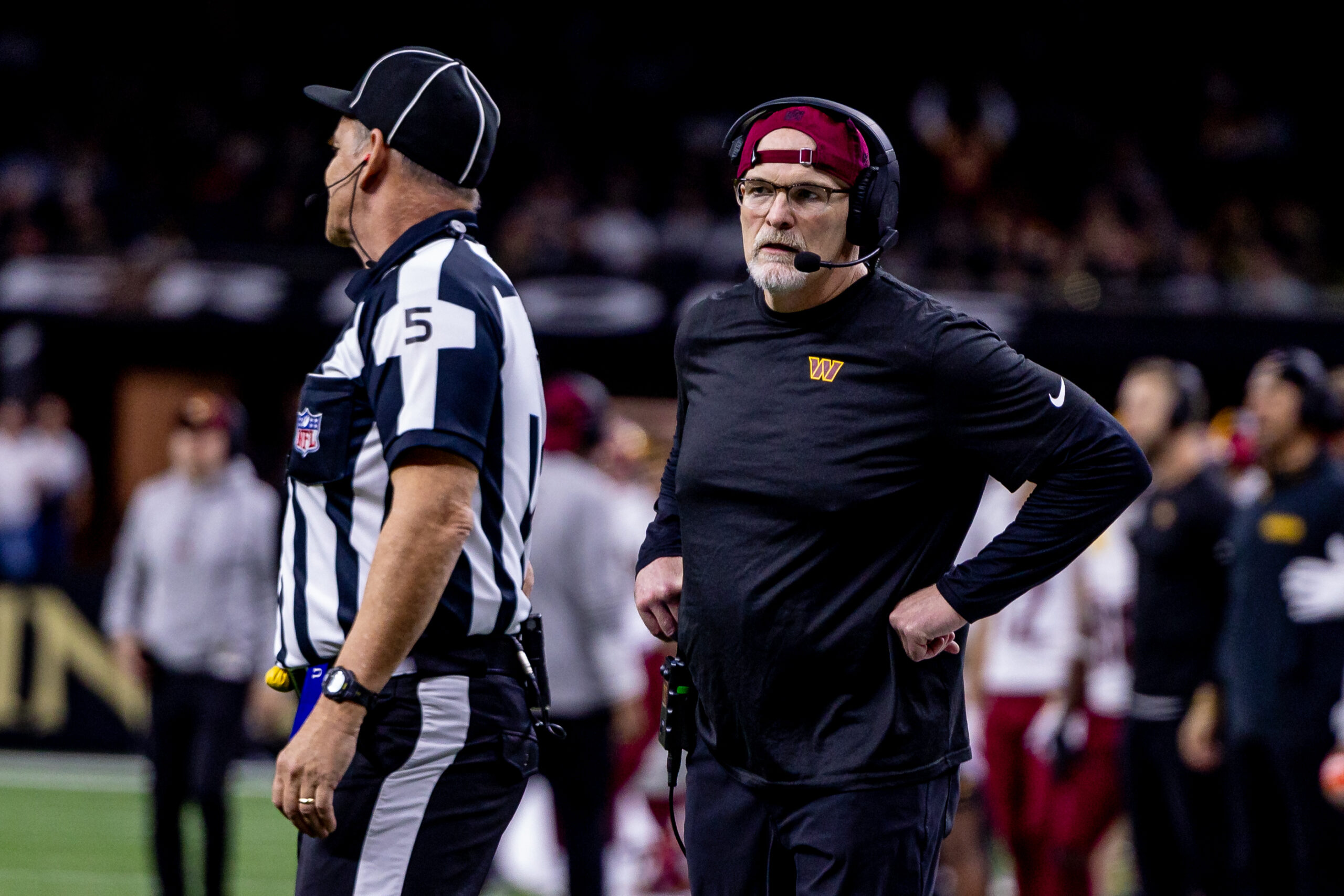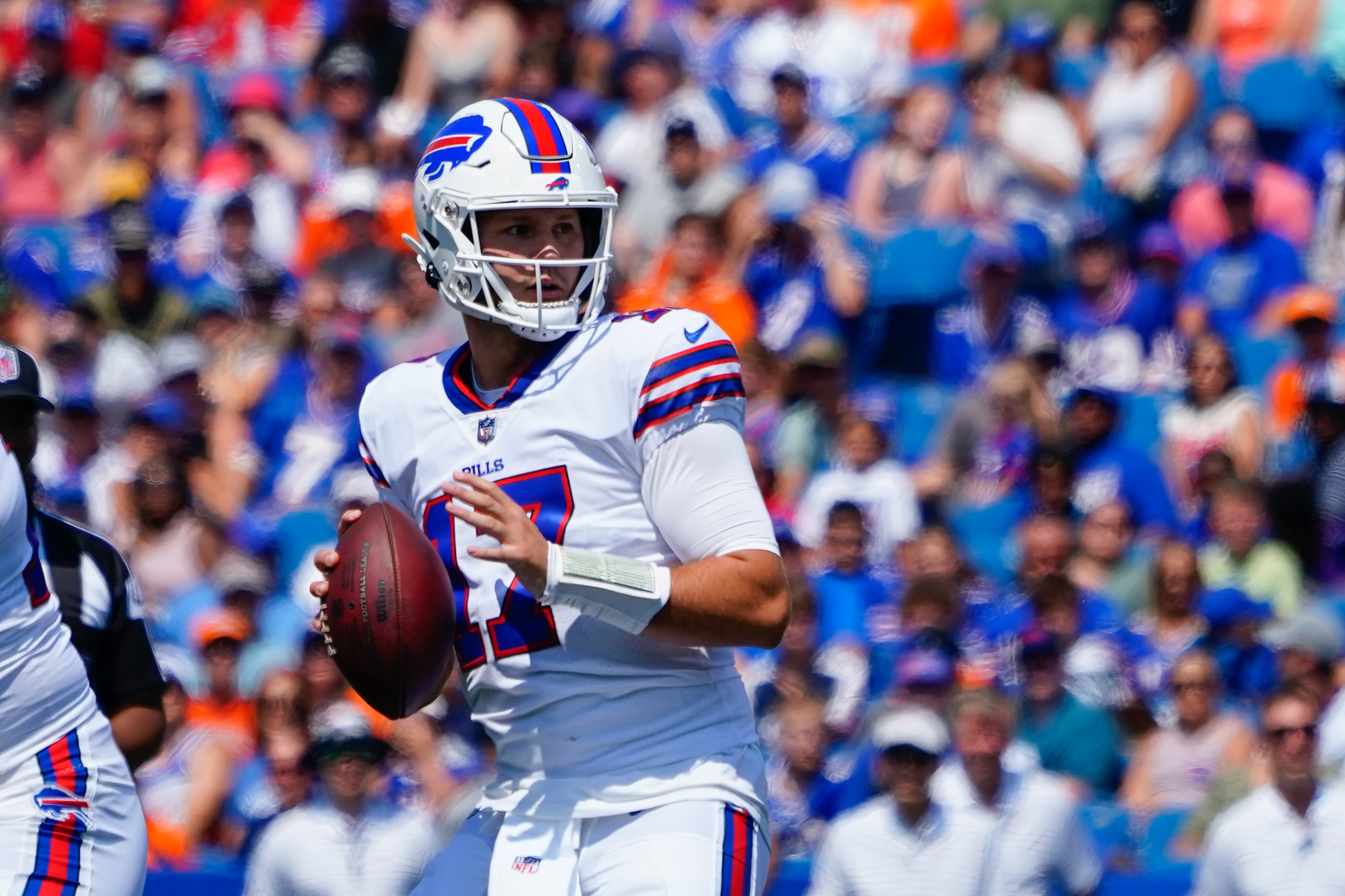Expert Analysis
3/10/24
5 min read
Why NFL Free Agency Is Flawed And How To Fix It

“Why do so many NFL free agents fail to live up to expectations?”
It’s a question I’ve been asked by fans and thought about a number of times. While there are many factors involved I’ve concluded that the biggest reason is simply that the process is flawed from the start.
It has to be, right? Why else would the success rate be this poor?
This isn’t like projecting which high school players will perform the best at the college level or which college prospects are most likely to flourish in the NFL. The teams pay these players based on their demonstrated performance at the professional level.
And yet it fails. A lot. At least way more than it should, that’s for sure.
NFL Teams Throw Their Processes Out The Window
This week, teams will agree to terms with several players before they are even allowed to talk with them, let alone take visits. This experiment is bound to fail a decent percentage of the time.
In college recruiting and NFL scouting, those programs try to get as much communication with the prospects as possible. They put a premium on in-person face time whenever possible. Teams try to get a great handle on whether the player is a culture fit for their organization, can take hard coaching, and what is his level of football acumen, his passion for the sport, goals, etc.
In free agency, teams often don’t even talk with the guy until the deal is already done. Can you imagine what the success rate would be in other aspects of life if this was the process?
It’s like marrying someone, on average, for 3-5 years without ever talking with them. That’s nuts.
The reality is that unfortunately for some players that big second contract is sort of the finish line.
Anybody in any business will tell you how important the interview process is when making hiring decisions, yet in the NFL there is no interview. Partnering with another business without any direct communication is unthinkable, but that’s essentially what is going on.
As a result, teams cannot know how the player’s personality might mesh with his new position coach. While they can do their due diligence on the impact a contract like this will have on the young man, the reality is that for some players, that big second contract is the finish line or at least the goal they’ve focused on the most.
Without that carrot dangling in front of them, they won't put in the same level of work that got them to that point in the first place.
How Could Free Agency Improve?
So how can free agency improve? Like many things in the NFL, including the coach hiring process, the answer is to slow it down. Unfortunately, that is easier said than done.
Especially for the top free agents, there is usually a race among competing teams to agree to terms with a player through his representative as soon as possible. As soon as the negotiations can begin, the process can be fast and furious until the agent gets the best deal for his client.
The first thing the league should do is get rid of this “legal tampering period,” which is not only a stupid name but never made sense in the first place. What is the logic or reasoning behind having a time when the teams can negotiate a deal with agents but can’t actually talk with the player? It makes no sense.
That might not slow down the process a ton, but at least franchises could have direct contact with the player via Zoom or FaceTime before making such big decisions. It might even lead to teams increasing their offer if they get a greater comfort level with a player as a result of these interactions.
If those conversations lead to some teams pulling out or deciding against paying a player a certain amount, well, then maybe that increases the efficiency of free agency.
>>READ: Report Card Grades For Every Signing, Trade
Would Changes Make a Difference?
If anything, the opposite of the current 52-hour negotiating period would be an improvement.
How about a 48-hour period when teams can schedule Zoom meetings with players before the period for actual negotiating starts? Players could talk to the strength coach or position coach to get a feel for the people they’d be working with daily. What’s wrong with both sides getting to know each other so they can be more comfortable ahead of making these important choices?
Will most players still simply go to the team that offers them the best contract? Yeah probably, but at least they would be doing so with their eyes wide open and having a better feel for the organization before they decide. And vice versa. The franchise would believe that the free agent is the type of person they want in their organization and not just a player.
While these changes wouldn’t make a huge difference in free agent outcomes, they certainly couldn’t hurt. Even a modest improvement would be significant given the dollars being invested.









